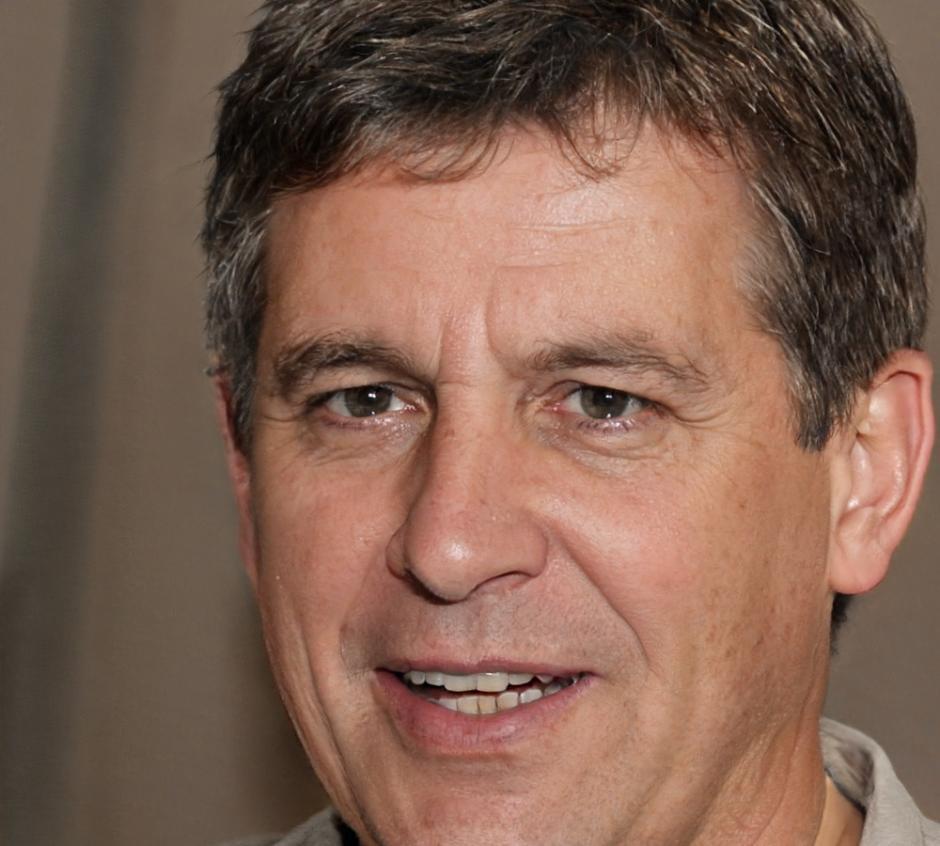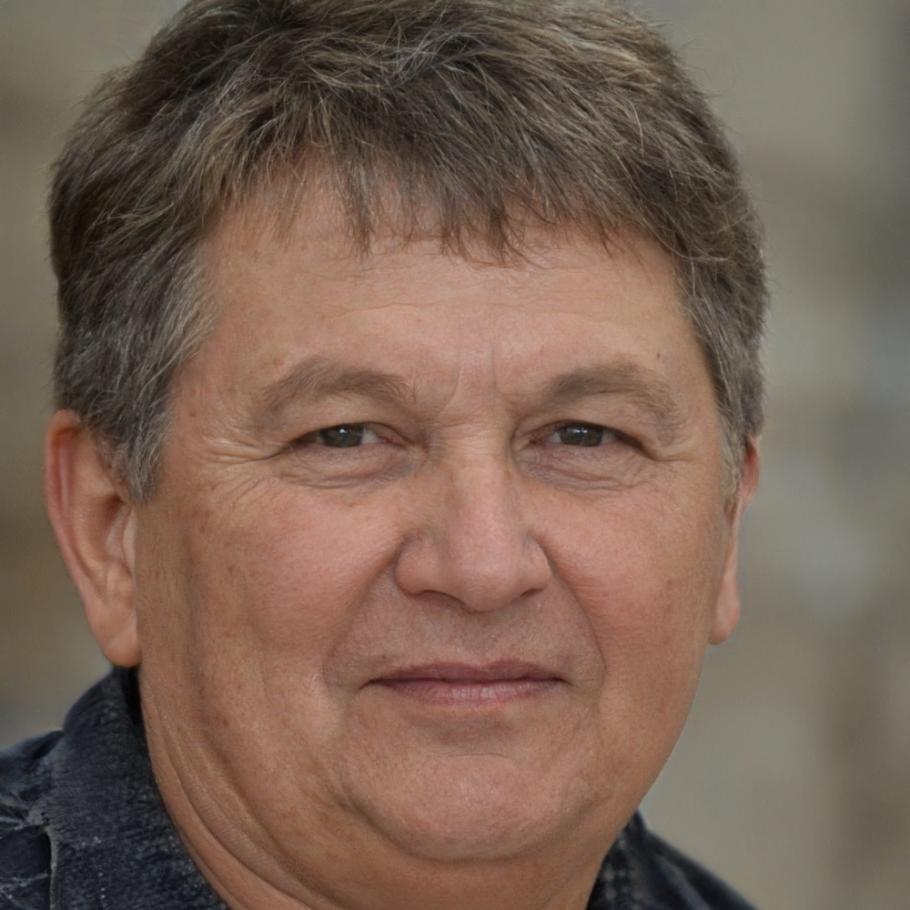We Started With A Simple Question
Why does sensible money management feel so complicated?
Back in 2018, Marcus and Tobias sat in a Sydney café arguing about superannuation strategies. Both had decent jobs, both felt confused about their financial futures. That conversation turned into kiryostavion—a place where Australians learn practical money skills without the jargon or empty promises.

Marcus Keegan
Marcus worked in corporate finance for eight years before realizing most people don't need complex investment portfolios—they need clear, actionable guidance. He left his consulting role to focus on financial literacy education.
His approach centers on understanding behavioral patterns around spending and saving. Marcus believes the best financial plan is one you'll actually stick with for years, not the most mathematically perfect one on paper.

Tobias Harlow
Tobias came from the education sector, where he watched talented educators struggle with personal finances despite stable incomes. He saw how traditional financial advice often talked down to people or assumed unrealistic lifestyles.
His background in curriculum design shapes how kiryostavion structures learning experiences. Tobias champions step-by-step frameworks that acknowledge real constraints—like caring for aging parents or supporting adult children through university.
What Drives Our Work
We don't pretend that everyone can retire at forty or that one budget template works for all situations. Life throws curveballs. People have different priorities, different starting points, different values around money.
Our programs focus on building genuine financial capability. That means understanding how your own psychology affects money decisions. It means recognizing when you're being sold something you don't need. And it means having frameworks flexible enough to adapt when circumstances change.
Over the past seven years, we've watched participants develop confidence not because we gave them magic formulas, but because they learned to analyze their own situations critically.
Financial planning isn't about following someone else's blueprint. It's about developing judgment you can trust when making decisions that affect your future.

How We Approach Financial Education
Realistic Timelines
Meaningful change takes months, sometimes years. Our programs run for six to twelve months because that's what actually works. Quick fixes don't build lasting habits. We structure learning experiences that respect the time it takes to shift ingrained patterns around spending, saving, and planning.
Context Matters
Someone in their twenties renting in Melbourne has different needs than someone in their fifties with a mortgage in regional Queensland. We teach principles and frameworks, then help participants apply them to their specific situations rather than pushing one-size-fits-all solutions.
Behavioral Focus
Understanding compound interest is useful. Understanding why you make impulsive purchases when stressed is transformative. We spend significant time on the psychological and emotional dimensions of money management because that's where most people actually struggle.
Ongoing Support
Financial capability isn't something you achieve once and forget. Markets change, life circumstances shift, new questions emerge. Participants maintain access to resources and community connections beyond their initial program completion.


Our Commitment To Participants
We won't promise specific financial outcomes. What we will do is provide structured learning experiences that develop your ability to make informed decisions about money.
Our autumn 2025 programs begin in September, with applications opening in July. If you're looking for education that treats you as capable of learning complex concepts—and acknowledges the messy reality of managing finances while living an actual life—we'd be glad to have you join us.
Explore Our Programs